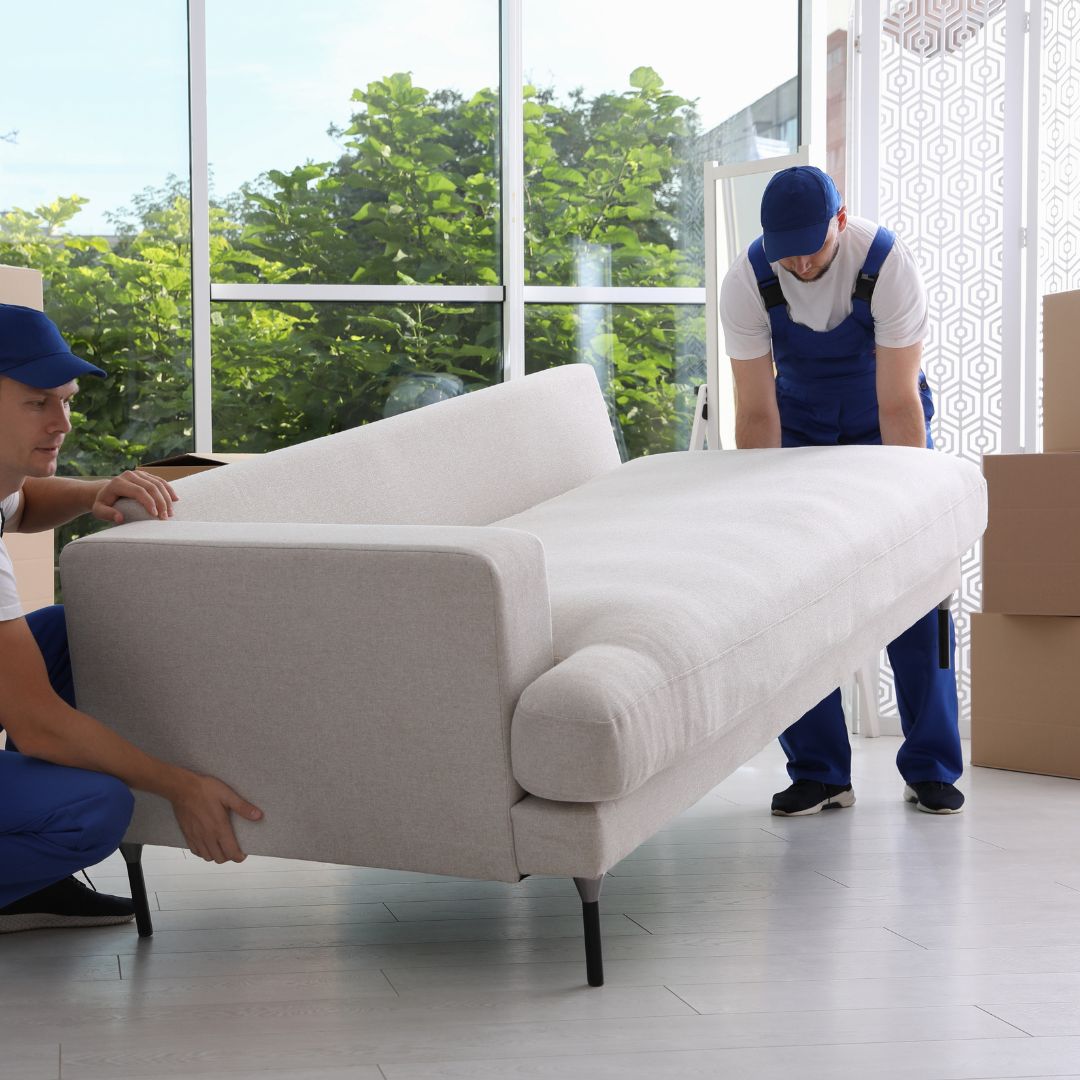Moving out of a rental property can be both an exciting and challenging endeavor. As you embark on a new chapter in your life, it's crucial to ensure that the process of leaving your rental is smooth and stress-free. Whether you're moving into a new home or relocating to a different city, here's a comprehensive guide on how to leave your rental with ease.
1. Give Ample Notice:
The first step in leaving your rental is to provide your landlord with sufficient notice. Check your lease agreement to determine the required notice period, usually 60 days, and inform your landlord/property manager via email or through your tenant portal. This gives them ample time to find a new tenant and helps you maintain a positive relationship, ensuring you get your security deposit back promptly.
2. Conduct a Thorough Cleaning:
A clean and well-maintained property is essential when leaving a rental. Schedule a professional cleaning service to deep clean the entire space, including floors, walls, appliances, and fixtures. Ensure they pay special attention to areas that often accumulate dirt, such as behind appliances and in closets.
3. Repair Damages:
Inspect the property for any damages you may have caused during your tenancy. Repair or replace any broken items, such as doors, windows, or fixtures. Patch up holes in the walls and touch up paint if necessary. Taking care of these issues before you leave will increase the likelihood of receiving your full security deposit back.
4. Remove Personal Belongings:
Ensure you remove all of your personal belongings from the property. Double-check closets, cabinets, and storage areas to make sure nothing is left behind. Don't forget about items like curtains, light fixtures, and any personal decorations you may have added during your stay.
5. Return Keys and Remotes:
On the day of your departure, make sure to return all keys, remotes, and access cards to your landlord/property manager. If applicable, provide forwarding addresses for your deposit and ensure your contact information is up-to-date in case they need to reach you after you've moved out.
6. Settle Outstanding Bills:
Before you leave, settle any outstanding bills, including rent, utilities, and other fees. Make arrangements with your utility providers to transfer or disconnect services as needed. This will help you avoid any complications and ensure a smooth transition for the next tenant.
7. Document the Property's Condition:
Take photos or videos of the property's condition before you leave. This documentation can serve as evidence in case of any disputes regarding the return of your security deposit. Make sure to capture all rooms and areas to provide a comprehensive overview of the property's state when you vacated. Attend the official move out inspection, if possible.
8. Communicate with Your Landlord/Property Manager:
Maintain open communication with your landlord/property manager throughout the process. If there are any issues or concerns, address them promptly and professionally. Being transparent and cooperative will help foster a positive relationship and leave a good impression, which may come in handy for future rental references.
9. Secure Your Deposit:
After leaving the rental property, follow up with your landlord/property manager regarding the return of your security deposit. In many jurisdictions, landlords/property managers are required to provide an itemized list of deductions if they withhold any portion of the deposit. Review this document carefully and address any discrepancies with your landlord/property manager.
10. Leave Forwarding Information:
Provide your landlord/property manager with your forwarding address and contact information. This ensures they can reach you if necessary and facilitates the forwarding of any mail that may arrive after your departure.
Leaving a rental property can be a meticulous process, but by following these steps, you'll make the transition smoother for both you and your landlord/property manager. A well-organized departure sets the stage for positive references and paves the way for a stress-free move into your next living space.


